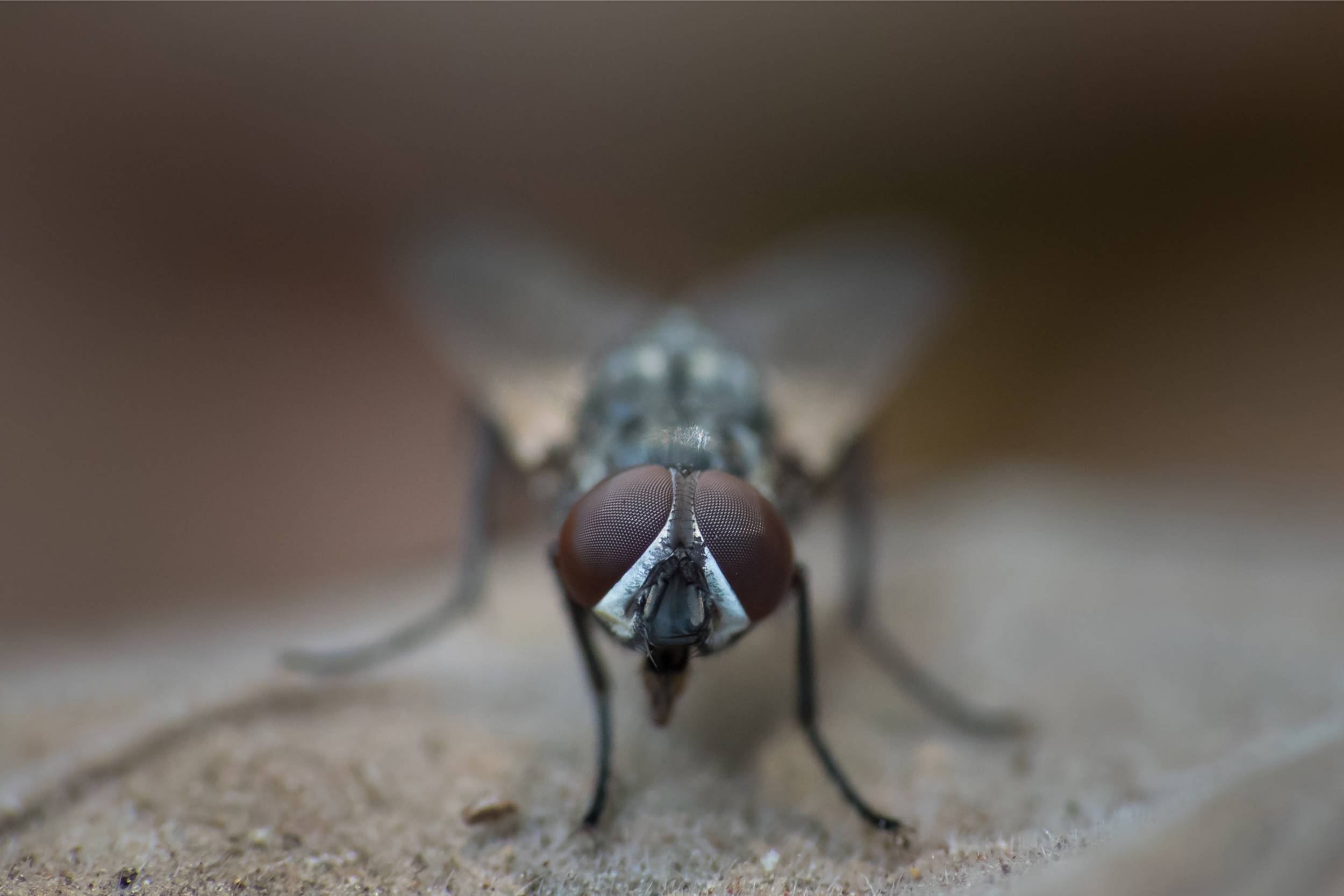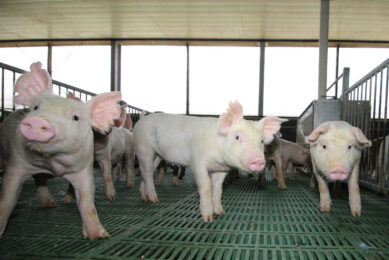ARS develops another ASF vaccine candidate

By using genetic modification, researchers from the US Agricultural Research Service (ARS) have developed yet another experimental vaccine candidate offering protection against African Swine Fever virus.
The team is located at the Plum Island Animal Disease Center in New York state, part of the US Department of Agriculture. It has been hitting the news regularly over the last few years with the progress of the potential vaccine candidate called ASFV-G-ΔI177L in which 6 genes were deleted.
The new finding has to be seen in the context of studying the virus by systematically deleting genes and observe the effects on virulence.
New candidate for ASF vaccine
In an article in the peer-reviewed Journal of Virology, the team explained the new development as follows: “We report here that the deletion of the virus-specific ASFv gene ‘A137R’ from the highly virulent ASFv-Georgia2010 (ASFv-G) isolate induces a significant attenuation of virus virulence in swine.”
When deleting a gene, the variety that comes into existence is typically named by adding a Greek delta (Δ) prior to the part that is deleted.
The team explained: “A recombinant virus lacking the A137R gene, ASFv-G-ΔA137R, was developed to assess the role of this gene in ASFv virulence in domestic swine. Animals inoculated intramuscularly with 102 HAD50 of ASFv-G-ΔA137R remained clinically healthy during the 28-day observational period.”
Strong virus-specific antibody response
The scientific publication explains how all animals inoculated with the vaccine candidate ASFv-G-ΔA137R had medium to high viraemia titres and developed a strong virus-specific antibody response. Importantly, the publication stated, “all ASFv-G-ΔA137R-inoculated animals were protected when challenged with the virulent parental strain ASFv-G.”
One of the reasons that it takes time from experimental model to eventual commercial vaccine is that it has to be tested in practise, for instance that an attenuated vaccine doesn’t multiply or otherwise interact with existing virus. That does not appear to be the case so far, the researchers stated: “No evidence of replication of challenge virus was observed in the ASFv-G-ΔA137R-inoculated animals. Therefore, ASFv-G-ΔA137R is a novel potential live attenuated vaccine candidate and one of the few experimental vaccine strains reported to induce protection against the highly virulent ASFv Georgia virus that is the cause of the current Eurasian pandemic.”
Research to potential ASF vaccines is also carried out in Europe. Read about the Vacdiva project
Longer term perspectives for the vaccine
The discovery does not mean that this will lead to a commercially available vaccine soon let alone that any longer-term planning can be given with regard to the new discovery. For that to happen, many more steps need to be taken.
To put things in perspective, the news of the efficacy of the other ARS vaccine candidate broke in December 2019 and even though scientific publications about the progress have been promising and frequent ever since, it has not led yet to the introduction of a commercially available vaccine.
The research paper was authored by Douglas P. Gladue, Elizabeth Ramirez-Medina, Elizabeth Vuono, Ediane Silva, Ayushi Rai, Sarah Pruitt, Nallely Espinoza, Lauro Velazquez-Salinas, Manuel V. Borca, Agricultural Research Service, USDA, Plum Island Animal Disease Center, NY, USA. Author Vuono is also attached to the University of Wisconsin-Madison, USA; author Rai also works for the Oak Ridge Institute for Science and Education (ORISE), TN, USA.











